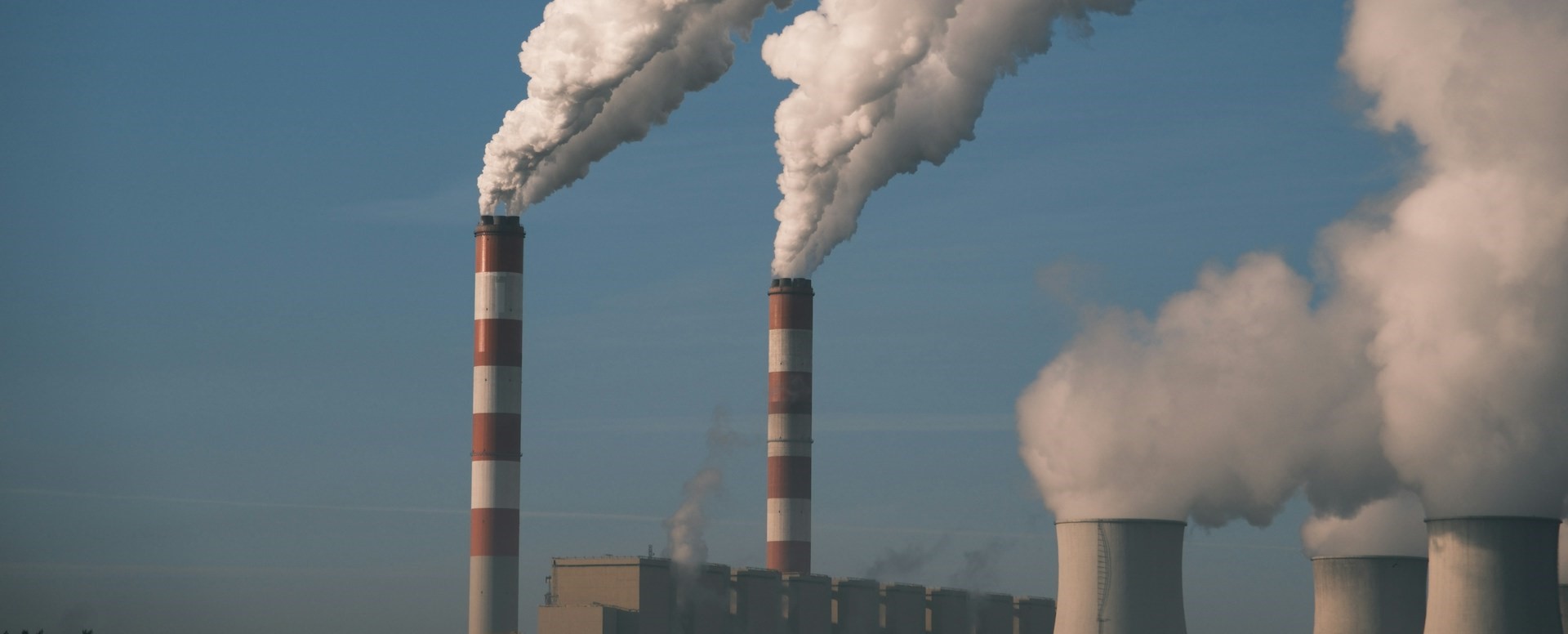28 August 2025 at 09:37 pm IST
The Trump administration is ramping up efforts to revive America’s critical minerals industry, aiming to break China’s dominance over the global supply chain for rare earths, vital components in electric vehicles, smartphones, wind turbines, and military hardware. With national security and economic independence at stake, Washington is channeling billions of dollars into domestic production, expanding partnerships, and enforcing trade measures to reduce reliance on Beijing. Calling it the “Manhattan Project moment for rare earths,” USA Rare Earth CEO Joshua Ballard said his company will begin producing magnets in Oklahoma next year. These magnets are indispensable for advanced technologies, from fighter jets to renewable energy systems. President Trump has also highlighted the urgency, acknowledging that China strategically built a monopoly but asserting that the U.S. has “much bigger and better cards.” He pledged that the U.S. will soon produce an abundance of magnets, signaling confidence in America’s industrial resurgence. The White House has made critical minerals a policy priority, especially after China weaponized its near-monopoly during past trade disputes. In April, Beijing imposed export restrictions that temporarily halted Ford’s electric vehicle production, exposing the fragility of U.S. supply chains. Trump responded with threats of steep tariffs on Chinese goods and hinted at withholding airplane parts to ground Chinese-owned Boeing jets, underscoring the geopolitical leverage rare earths provide. The Pentagon has emerged as a key investor, pumping $400 million into rare-earth producer MP Materials and issuing a $150 million loan while guaranteeing a minimum price for certain minerals over the next decade. This intervention aims to prevent China’s strategy of flooding the market with cheap supply to crush competition. Similarly, American companies like NioCorp have received federal backing to finance mining projects for niobium, scandium, and other critical minerals, while Noveon Magnetics in Texas has scaled up production to 2,000 tons annually. Still, this remains far below the estimated 35,000 tons of magnets North America consumes each year. Despite these initiatives, experts caution that U.S. capacity is years away from meeting domestic demand. Benchmark Mineral Intelligence projects that even with planned expansions, supply will lag behind surging needs, which could double in the next decade. Industry leaders warn that without sustained government support and incentives, buyers may revert to cheaper Chinese products once they re-enter the market. The administration’s broader strategy also includes securing resources abroad. Trump has pursued access to critical minerals in Greenland, Ukraine, and parts of Africa, though these efforts remain uncertain. Meanwhile, Washington allocated $2 billion this year to bolster the Pentagon’s stockpile and committed $5 billion through 2029 to strengthen supply chains. Between 2020 and 2024 alone, over $439 million has been awarded to establish U.S.-based rare earth production. Yet, analysts argue that some form of engagement with China may remain unavoidable. Derek Scissors of the American Enterprise Institute warned that any trade deal guaranteeing rare earth supplies would be fragile, while rare-metals expert David Abraham emphasized that U.S. mines will take years to come online. Until then, America’s race to regain control of the critical minerals industry may depend as much on diplomacy as on domestic investment.

